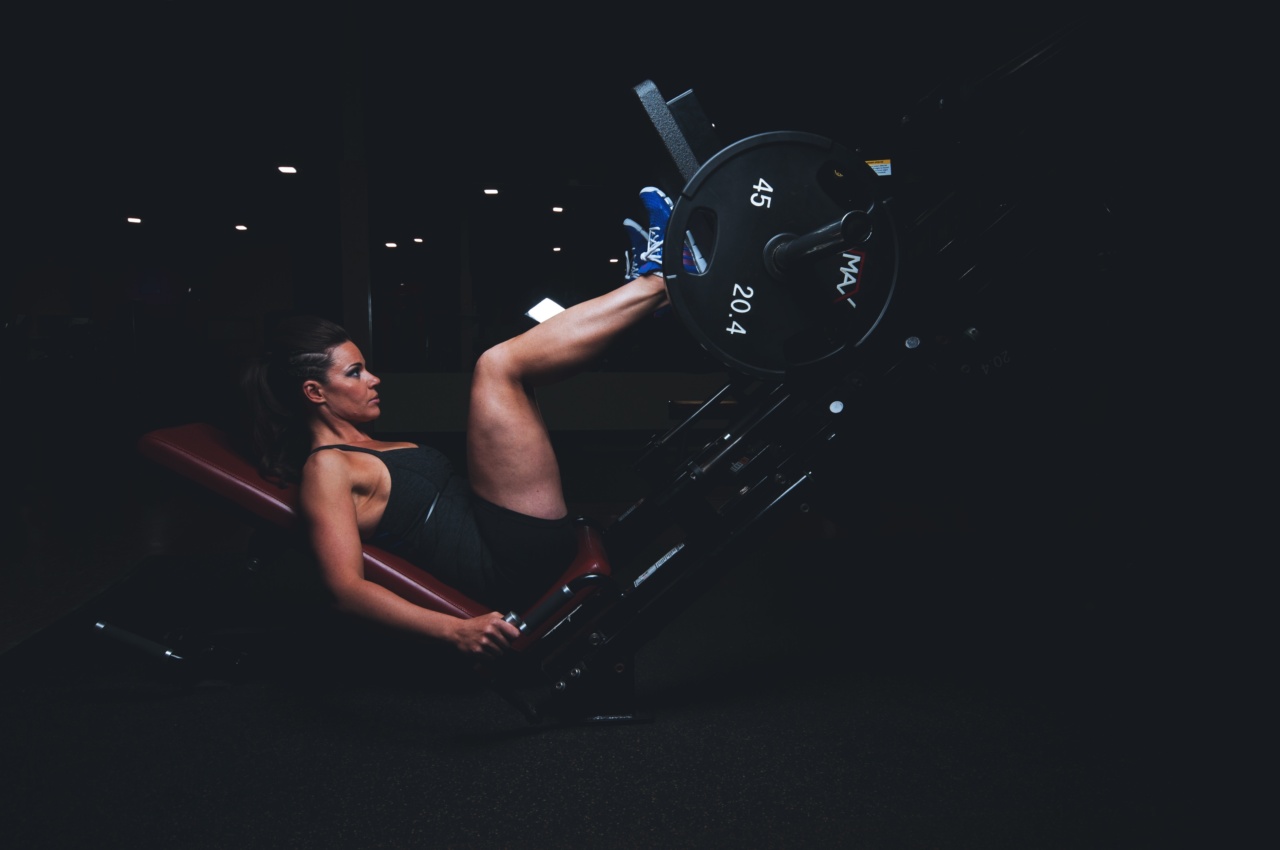Sweating is a natural bodily process that helps regulate our body temperature. However, for individuals suffering from hyperhidrosis, excessive sweating becomes a daily struggle.
Hyperhidrosis is a medical condition characterized by excessive sweating beyond what is necessary for maintaining body temperature. The condition can significantly impact an individual’s quality of life, causing embarrassment, discomfort, and even social isolation.
If you’re tired of dealing with excessive sweating, here are some remedies that can help you sweat no more.
1. Antiperspirants
One of the easiest and most accessible remedies for hyperhidrosis is using antiperspirants. Antiperspirants work by blocking the sweat ducts, reducing the amount of sweat that reaches the skin’s surface.
Look for antiperspirants specifically formulated for excessive sweating or those containing aluminum chloride, which is highly effective in controlling sweat production.
2. Botox Injections
Botox injections have gained popularity as a treatment option for hyperhidrosis. Botox temporarily blocks the chemical signals from nerves that stimulate the sweat glands, reducing sweating in the injected area.
The effects of Botox injections can last for several months, providing relief from excessive sweating.
3. Prescription Medications
If over-the-counter remedies don’t provide sufficient relief, your doctor may prescribe medications to help manage hyperhidrosis. Anticholinergic drugs, such as glycopyrrolate, work by blocking the chemicals that trigger sweat gland activity.
These medications can be taken orally or applied topically as creams or wipes.
4. Iontophoresis
Iontophoresis is a non-invasive treatment that uses a low-intensity electric current to temporarily block the sweat glands.
During an iontophoresis session, the affected areas, such as the hands or feet, are immersed in water, and a gentle electric current is passed through the water. This therapy can be performed at home using specialized devices or at a medical facility.
5. Laser Therapy
Laser therapy, specifically laser ablation or laser lipolysis, has shown promising results in reducing excessive sweating.
In this procedure, lasers are used to selectively destroy the sweat glands in the targeted area, providing long-lasting relief from sweating. However, laser therapy is considered a more invasive option and may have associated risks and side effects.
6. Topical Treatments
Several topical treatments are available for hyperhidrosis, such as creams and lotions containing aluminum chloride or tannic acid. These substances work by narrowing the sweat ducts and reducing sweat production.
These treatments are typically applied to the affected areas before bedtime and washed off in the morning.
7. Lifestyle Modifications
Simple lifestyle modifications can also help manage hyperhidrosis. Wearing breathable, moisture-wicking clothing made from natural fibers like cotton can help reduce sweat buildup.
Avoiding triggers like spicy foods, caffeine, and alcohol can also minimize excessive sweating. Additionally, practicing stress-reducing techniques, such as meditation or yoga, can help manage stress-related sweating.
8. Surgical Procedures
In severe cases of hyperhidrosis that don’t respond to other treatments, surgical options may be considered. Procedures such as sympathectomy involve interrupting the nerve signals responsible for excessive sweating.
Surgical intervention is usually reserved for cases where other treatments have failed and when the condition significantly affects a person’s daily life.
9. Alternative Therapies
Some individuals find relief from hyperhidrosis with alternative therapies such as acupuncture, hypnosis, or biofeedback. While the evidence supporting these therapies may be limited, they may be worth exploring for those seeking additional options.
10. Emotional Support
Living with hyperhidrosis can take a toll on an individual’s mental health and self-esteem. Seeking emotional support from friends, family, or support groups can provide a sense of understanding and shared experiences.
Counseling or therapy may also be beneficial in addressing any anxiety or depression resulting from the condition.



























